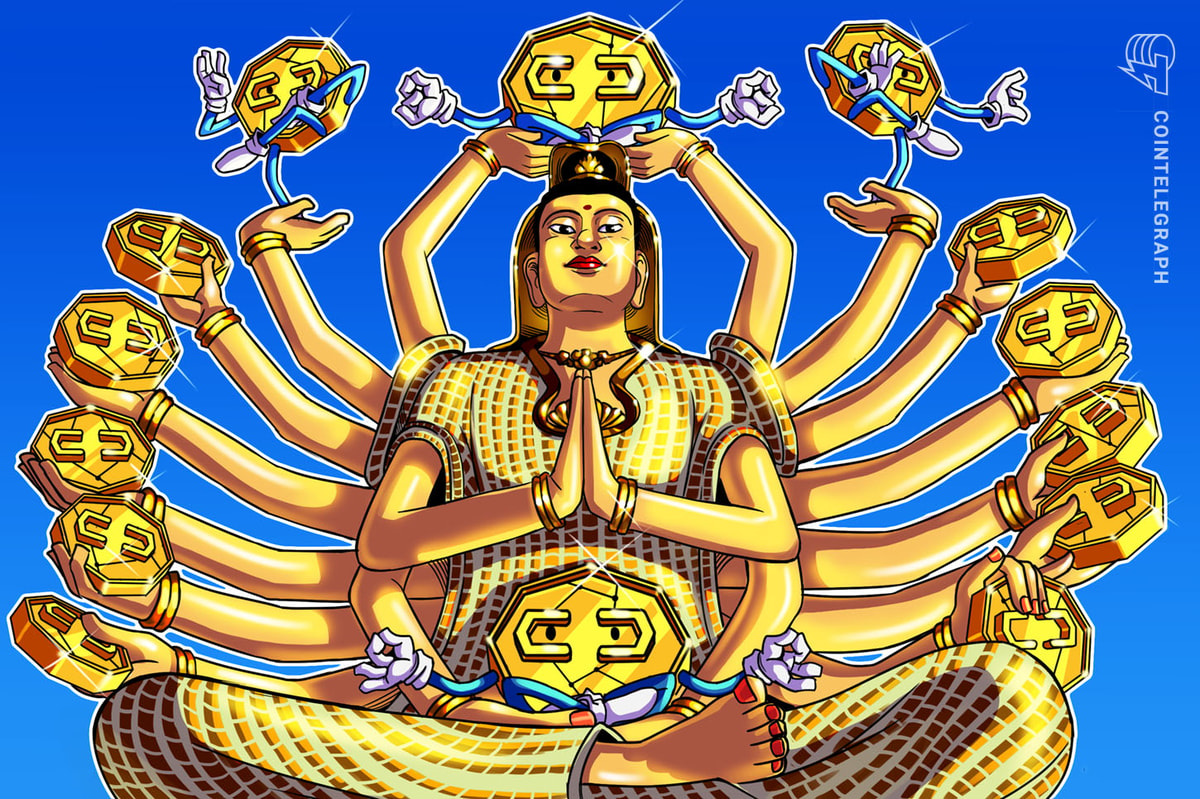Thailand’s digital assets market is undergoing a transition from retail to institutional as the country aims to become Southeast Asia’s fintech hub, the CEO of Binance Thailand said.
A recent regulatory move by Thailand’s Securities and Exchange Commission is a “vital step in the maturation of Thailand’s cryptocurrency landscape,” Binance Thailand CEO Nirun Fuwattananukul wrote in an opinion piece for the Bangkok Post on Oct. 25.
On Oct. 9, the Thai securities regulator proposed rules that would allow institutional-grade mutual and private funds to invest in crypto products such as United States-based spot crypto exchange-traded funds (ETFs).
“By allowing more institutional funds to participate, the SEC is enabling a diverse range of investment strategies and helping digital assets gain broader acceptance in the mainstream,” said Fuwattananukul.
Highlighted and translated excerpt of the proposal. Source: Thai SEC
Fuwattananukul said the move was “not just about legitimizing Bitcoin,” but about creating a “more mature ecosystem” where traditional finance and crypto assets coexist.
He added that this could also pave the way for Thai financial institutions to expand their portfolios and exposure to crypto assets, “positioning Thailand as a regional digital asset hub.”
According to the Thai SEC, the new fund allocations will target high-net-worth investors, and retail access will be limited. Additionally, using crypto for payments remains outlawed by Thailand’s central bank.
Fuwattananukul said that beyond the current policy proposal, the SEC is also “considering new regulations for other crypto activities,” but did not go into details.
Related: Thailand’s oldest bank announces stablecoin remittance services
He added that real-world asset (RWA) tokenization is also emerging as a trend in Thailand. Traditional banks are exploring converting conventional assets like bonds, real estate and equities into blockchain-tradeable digital assets.
The RWA tokenization sector could see 50 times growth by 2030, according to research by Tren Finance.
He concluded that the “SEC’s regulatory updates ensure that Thailand can continue its progression as a digital asset hub, providing a secure and dynamic ecosystem for all participants.”
Retail crypto trading remains popular in Thailand despite the shift to an institutional focus. Its largest crypto exchange and Binance Thailand competitor, Bitkub, has around $33.5 million in daily volume, according to CoinGecko.
Magazine: Fake Rabby Wallet scam linked to Dubai crypto CEO and many more victims










